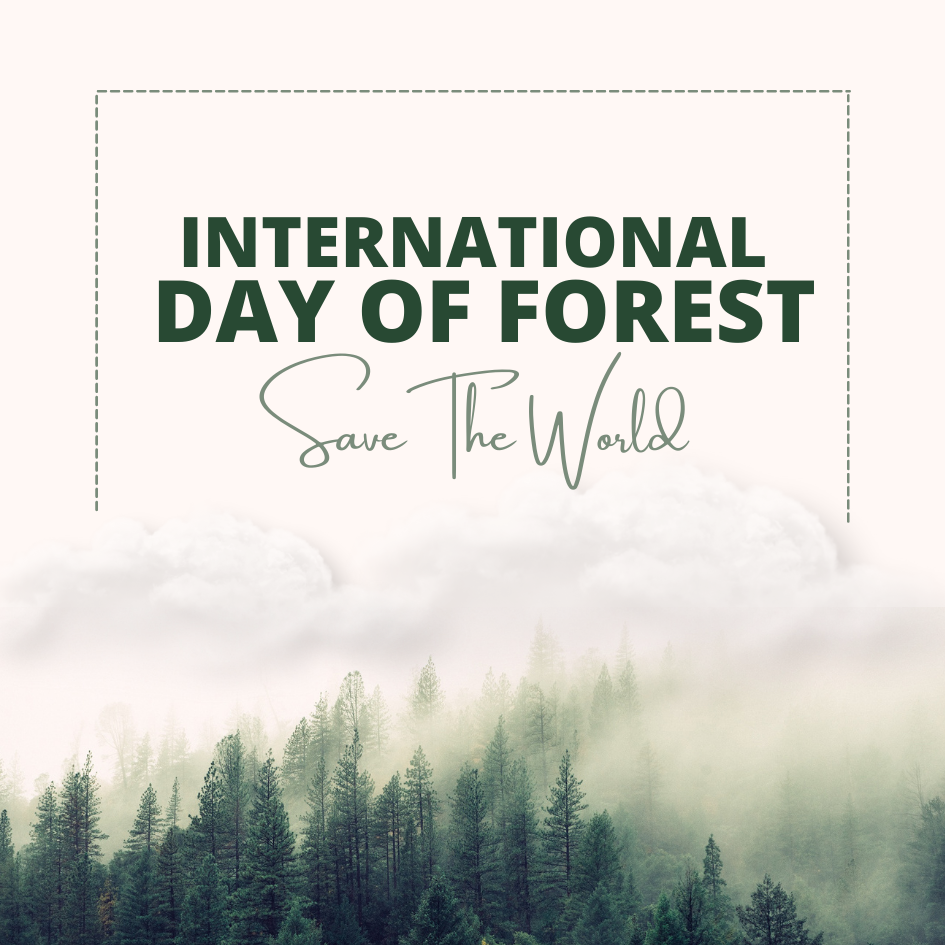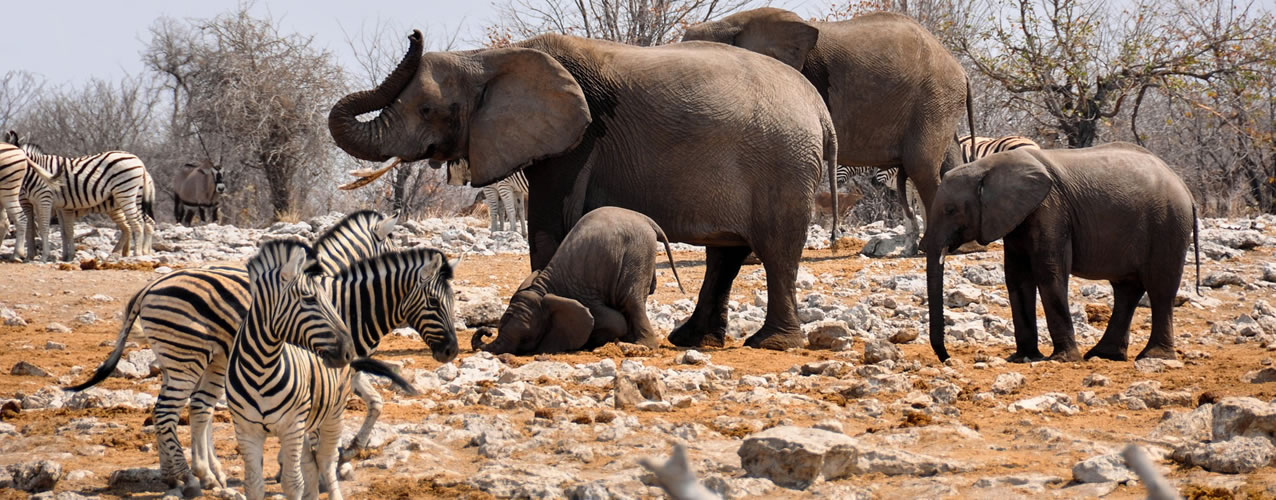
Our health depends on healthy forests.
Forests provide clean air and water, and regulate our climate and weather. We depend on forests for food, energy, shelter, income, and medicine; over 1.6 billion people directly, including 60 million indigenous people. Forests and trees reduce air pollution and heat exposure. Walking in forests can boost our immune systems and improve mental health. And as more and more people live in cities, healthy urban forests are increasingly important for their well-being.
Forest ecosystems also provide more than 86 million green jobs globally.
And more than three quarters of the world´s species are found in forests.
But currently, forests ecosystems are being destroyed and biodiversity is being lost. This undermines sustainable development and poses risks for our health. For example, by encroaching on natural ecosystems, we´ve increased opportunities for transmission of zoonotic diseases and risks of pandemics.
In December last year, governments finalized and adopted the Kunming-Montreal Global Biodiversity Framework with the aim of halting and reversing the loss of biodiversity and putting nature on a path to recovery by 2030 for the benefit of people and the planet.
The framework calls for biodiversity-inclusive spatial planning to bring the loss of areas of high biodiversity, including intact forests, to zero. It includes targets to protect at least 30% of lands and to restore at least 30 % of degraded ecosystems, both including forests, as well as for all areas under forestry to be managed sustainably.
The framework recognizes the interlinkages between biodiversity and health and the need for a “One Health” approach. Its implementation requires urgent action: action by governments, indigenous peoples and local communities, civil society and businesses.
On International Day of Forests, take a moment to connect with nature, to recognize the contributions of forests to our health and well-being. After all, healthy forests contribute to healthy people.







